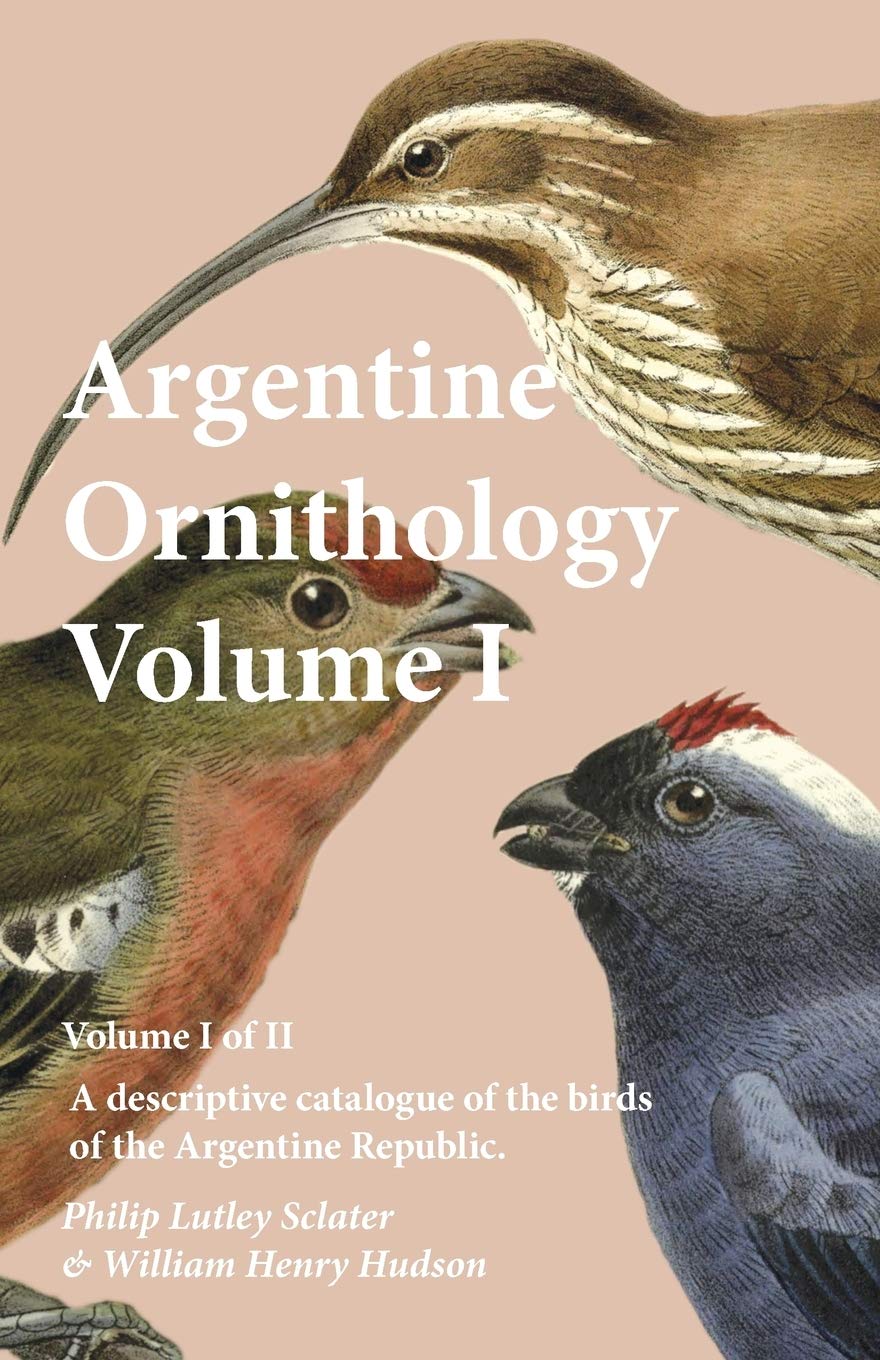Argentine Ornithology,
Sclater and Hudson
This site provides free vocabulary and reading comprehension worksheets.
Each worksheet, suitable for middle school, high school and college level students,
includes a short reading, five vocabulary words to define,
sentence completion exercises, and two questions to answer.
The worksheets may be used for differentiated instruction and home learning.
One question tests literal comprehension, and one question asks the student to think critically.
If you are undecided about buying the ebook, please take a look at a free
sample.
Not all of the worksheets contain everything, but they contain enough to
make your work as a teacher (or a parent) easier.
I am developing the site and more worksheets, tests, and answer keys
will be developed.

Free PDF File Suitable for Classroom Use
The worksheet is one sheet front and back. It is suitable for classroom use and freely reproducible.
Argentine Ornithology: A Descriptive Catalog. P. L. Sclater and W. H. Hudson
[The White-banded Mockingbird (Mimus triurus vieill.)] was extremely shy, had a swift, easy, powerful flight, and, when approached, would rise up high in the air and soar away to a great distance. In February it disappeared from the Rio Negro and did not return till the following October, after the arrival of all the other migrants. It was then that I had the rare good fortune to hear it sing, and I shall never forget the sensation I experienced when listening to its matchless melody.
While walking through a chanar-wood one bright morning, my attention was suddenly arrested by notes issuing from a thicket close by, and to which I listened in delighted astonishment, so vastly superior in melody, strength, and variety did they seem to all other bird-music. That it was the song of a Mimus did not occur to me; for while the music came in a continuous stream, until I marveled that the throat of any bird could sustain so powerful and varied a song for so long a time, it was never once degraded by the harsh cries, fantastical flights, and squealing buffooneries so frequently introduced by the Calandria, but every note was in harmony and uttered with a rapidity and joyous abandon no other bird is capable of, except, perhaps, the Sky-Lark; while the purity of the sounds gave to the whole performance something of the ethereal rapturous character of the Lark's song when it comes to the listener from a great height in the air.
Presently this flow of exquisite unfamiliar music ceased, while I still remained standing amongst the trees, not daring to move for fear of scaring away the strange vocalist. After a short interval of silence I had a fresh surprise. From the very spot whence that torrent of melody had issued, burst out the shrill, confused, impetuous song of the small yellow-and-grey Patagonian Flycatcher (Stigmatura flavo-cinerea). It irritated me to hear this familiar and trivial song after the other, and I began to fear that my entertainer had flown away unobserved. But in another moment, from the same spot, came the mellow matin [morning]-song of the Diuca Finch, and this was quickly succeeded by the silvery bell-like trilling song of the Churinche, or little Scarlet Tyrant-bird. Then followed many other familiar notes and songs -- the flute-like evening-call of the Crested Tinamou, the gay hurried twittering of the Black-headed Goldfinch, and the leisurely-uttered, delicious strains of the Yellow Cardinal, all repeated with miraculous fidelity. How much was my wonder and admiration increased by the discovery that my one sweet singer had produced all these diverse strains! The discovery was only made when he began to repeat songs of species that never visit Patagonia. I knew then that I was at last listening to the famed White Mocking-bird, just returned from his winter travels, and repeating in this southern region the notes he had acquired in subtropical forests a thousand miles away.
Define Each Word
- thicket
- utter
- ethereal
- torrent
- shrill
Write the Correct Word from the Vocabulary
- The _________________________ quality of goose-down pillows promotes a deep, almost heavenly slumber.
- Marie's loud, __________________________ scream led the firefighters to her hiding place.
- Winston was unable to _________________________ a word in defense of Emily, who was clearly proven to have stolen the diamond ring.
- The angry heckler hurled a ______________________ of insults at the politician delivering a speech at the podium.
- The brown and white speckled rabbit emerged from the ______________________ just beyond the lake.
Comprehension and Discussion: Answer Each Question in Complete Sentences
- How does the author of this passage convey his feelings about the song of the White-banded Mockingbird?
- In the third paragraph, why does one of the authors describe the songs of several birds? What sentence from the text conveys the idea that only one bird produced these sounds?

"The Necklace" by Guy de Maupassant

"Southern Horrors: Lynch Laws" by Ida B. Wells

From The Awakening by Kate Chopin

Narrative, From Chapter 1, by Frederick Douglass
I hope you found what you needed.
Proverbs 18:15
"The mind of the prudent acquires knowledge, And the ear of the wise seeks knowledge."







